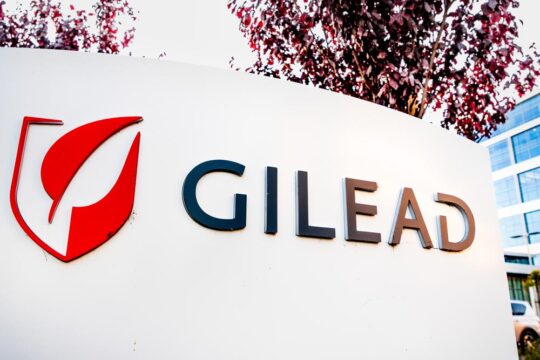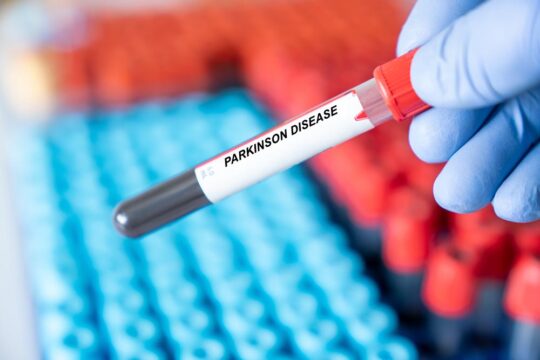Advertisment
European Commission approval for Brukinsa (zanubrutinib) for the treatment of relapsed or refractory follicular lymphoma – BeiGene

BeiGene, Ltd. announced that the European Commission (EC) has granted marketing authorization for Brukinsa (zanubrutinib) in combination with obinutuzumab for the treatment of adult patients with relapsed or refractory (R/R) follicular lymphoma (FL) who have received at least two prior lines of systemic therapy . This marks the fourth indication in the European Union (EU) for Brukinsa, which is now approved to treat more patient populations in the EU than any other Bruton’s tyrosine kinase (BTK) inhibitor.
“With this approval, we are excited to announce that Brukinsa will become available as a treatment option for patients with follicular lymphoma in the European Union. Brukins is now the first BTK inhibitor approved in this indication and has the broadest label of any medicine in its class globally,” said Mehrdad Mobasher, M.D., M.P.H., Chief Medical Officer, Hematology at BeiGene. “This milestone marks a significant advancement in our efforts to combat the disease by providing a new and effective treatment option to patients who have either failed to respond to initial therapies or have experienced a relapse.”
The EC approval is based on positive results from ROSEWOOD (NCT03332017), a global, randomized, open-label Phase II study of Brukinsa plus obinutuzumab compared with obinutuzumab alone in 217 patients with R/R FL who received at least two prior lines of systemic therapy. In the study, the overall response rate was 69.0% in the Brukinsa plus obinutuzumab arm versus 45.8% in the obinutuzumab arm (P = 0.0012), with a median follow-up of approximately 20 months. Responses were durable with 18-month landmark duration of response (DOR) of 69.3% in the Brukinsa combination arm.
Additionally, the median progression-free survival (PFS) for patients treated with Brukinsa plus obinutuzumab was 28.0 months, compared to 10.4 months for patients treated with only obinutuzumab (HR: 0.50 [95% CI: 0.33, 0.75]; P = 0.0007).





